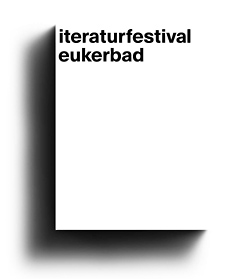30th Leukerbad International Literary Festival
Perspectives
The Leukerbad International Literary Festival has a long tradition of offering more than presentations of books. The exclusively curated conversations in the ‘Perspectives’ series take up and address topical issues in society, politics and literature. You will be able to find out on this page who is speaking about which topic and with whom over the course of spring.
30th Leukerbad International Literary Festival:
